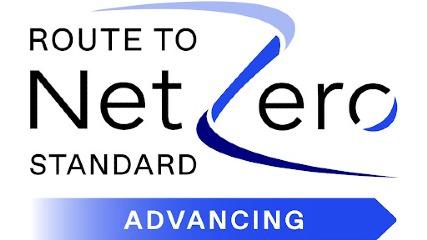The need to turn sustainability ambition into action has never been more urgent. From meeting net zero targets to upholding human rights, environmental, social and governance (ESG) issues are driving organisations to rethink their strategy and transform their business model to unlock new opportunities.
Sustainability cuts through every part of an organisation, from strategy and operations through to robust reporting that stands up to scrutiny. Making your actions count takes a cross-functional effort: sustainability is everyone’s responsibility, whether it’s in your job title or not.
We recognise the scale of these challenges, but they are not insurmountable. At PwC, we’ve made a clear commitment to sustainability ourselves and we regularly convene sustainability leaders. By sharing knowledge we aim to help everyone move further, faster.
We bring together the right technology and the right skills to help you to make data-driven decisions and deliver positive change you can prove. Getting the numbers right is central to how we’ve always worked. We’re applying this same rigour to new challenges - enabling you to move from ambition to action and deliver sustainable outcomes.



























